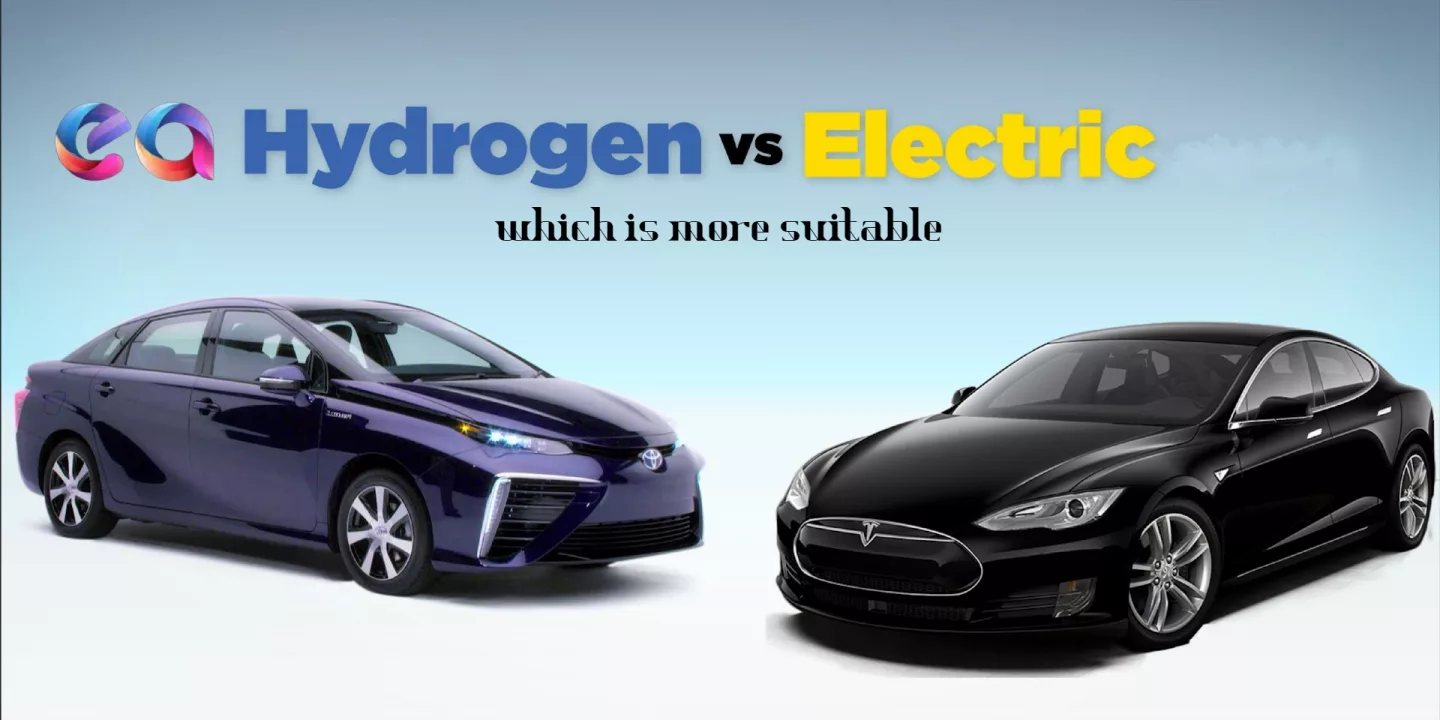
Hybrid or electric cars have been getting most of the attention these days, but there’s another way of thinking about the future of cars that doesn’t get as much air time: hydrogen cars. Hydrogen cars are similar to electric in that they both rely on batteries to power them, but the similarities end there — hydrogen-powered vehicles require less energy to manufacture than their battery-powered cousins and they emit fewer greenhouse gases while they’re driving down the road. So which is more sustainable? Hydrogen cars or electric cars? Let’s find out!
Pros and Cons of Hybrids:
Hybrids are often seen as the best of both worlds. They emit fewer emissions than a typical gasoline car, and they drive better on battery power than an electric car. Hybrids offer seamless transitions from battery to gasoline, reducing dependence on one fuel source at the expense of another. Even though these cars produce lower emissions, a major drawback is that many models only reach 40 mpg (2 l/100 km). In comparison, a Toyota Prius gets 57 mpg (1.7 l/100 km). For this reason, it would be better to buy an all-electric car instead of hybrid if you’re looking for greater efficiency and sustainability with every trip.
Pros and Cons of EVs:
The big advantage of an EV over a hydrogen car is that the former is 100% emission-free, which makes them considerably better for the environment. In terms of financial efficiency, EVs are also able to charge their batteries cheaper and quicker than hydrogen cars. And because they take less time to refuel, they require fewer filling stations which in turn leads to smaller investments and long-term operating costs. Another key advantage of EVs over hydrogen cars: as long as there’s electricity readily available to charge your battery, you’ll never run out of power – even if you drive for days at a time! But what about the flip side? Well, on a fuel cell vehicle like a hydrogen car for example – there’s no chance you’ll ever be stuck without power again.
Drawbacks to Both Hybrid or Electric Cars:
Both the hybrid and the EV have their benefits and drawbacks. Electric vehicles, such as a Chevy Volt or Nissan Leaf, can get better fuel economy and emit lower levels of greenhouse gases than gasoline-powered vehicles. However, they are expensive to buy and maintain because they require an onboard battery that costs upwards of $7,000 with a lifespan of 10 years. Unlike gasoline-powered vehicles that can go anywhere at any time, electric vehicles need access to charging stations which can be expensive in urban areas without subsidies. And finally, due to production limitations on lithium batteries there will only be enough supply for 20% of global demand by 2020 meaning these cars will still face supply constraints for at least another decade if not longer.
The Best Car for the Environment Might Be Neither…
If the only thing a car was good for was to transport people from one place to another, then its sustainability might be easy to measure. But of course, it’s not that simple. How much energy does it take to produce one litre of gasoline (or similar fuel)? How much pollution do they create while they’re being manufactured? Where are they produced and how far has the raw material traveled before arriving at the factory gates? What happens when you scrap them at the end of their life cycle and where does their debris end up? And on top of all this, what is their carbon footprint when in use-that is, how much CO2e are they generating for every mile traveled?
The Best Way to Reduce Carbon Emissions May Be in Your Backyard
Though conservation can help a lot, we need to realize that it’s a bit unreasonable to expect people to just quit living life just to curb carbon emissions. Please help the environment. You can’t drive your Tesla everywhere you go, so please walk or bike. spend some time riding public transportation in heavily polluted cities; also, consider planting trees there. instead of voting for politicians who want to support sources of energy like coal and natural gas, which greatly contribute to climate change, vote for politicians who want to support renewable energy sources like solar and wind power. Moreover, electric cars produce zero emissions because when charged with electricity from renewable sources such as solar panels, they do not emit greenhouse gases.













